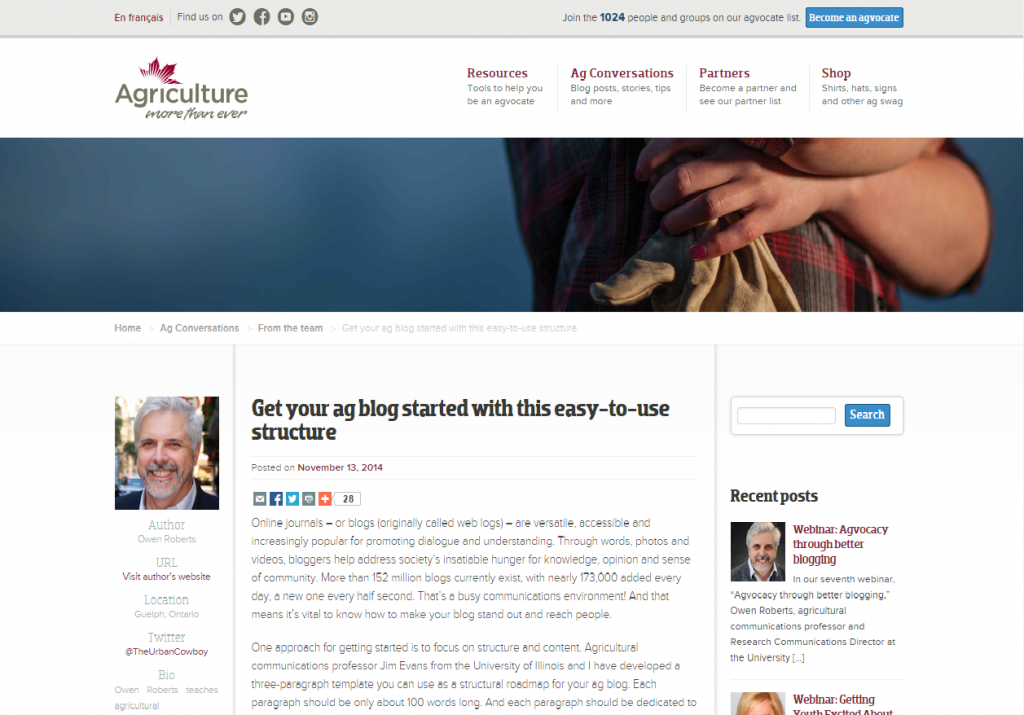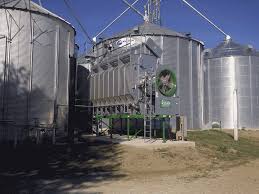Social media means people have more freedom to say whatever they please about anything they like (as long as they don’t libel or slander anyone). And though social media can be a valuable tool, and one crucial to modern democracy, it’s important to make sure those you’re trying to reach understand the issue you want to discuss, before being treated to your opinion.
Problems arise when writers feel like their backs are up against a wall, and skip the important first step of introducing the issue “ all in an effort to defend their beliefs. You run the chance of alienating those who don’t get it, and reaching only those who are like-minded and know what you’re talking about without any background support. Not getting out the key information first can disengage readers, and evoke undesired responses that don’t advance anyone’s understanding.
This is especially important for agriculture, which is caught up in a sea of turmoil and confusion. Unless people who are truly curious to learn about it have an opportunity to engage in some meaningful dialogue, turmoil will prevail. Remember this three-step process: state the issue, then the development in the issue that’s sparking a conversation (or news story, blog post or whatever), then your opinion. I believe that’s an effective way to communicate about complex issues and advance the dialogue about them. For more on this approach, check my Farm Management Canada blog post and webinar.



